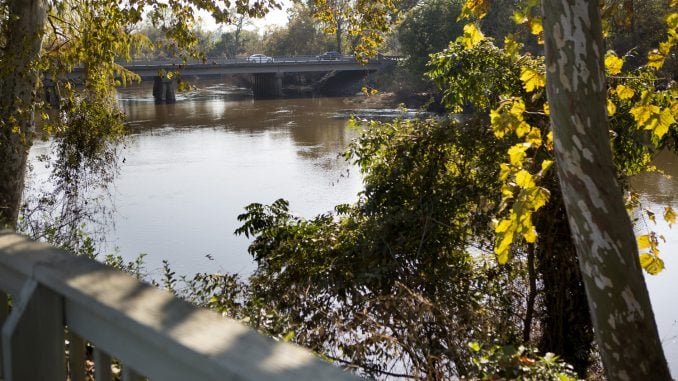
RALEIGH Lawmakers are preparing to return to Raleigh for a December 13 special session called Friday by Governor Pat McCrory. The N.C. General Assembly will address recovery measures after massive flooding in the wake of Hurricane Matthew seven weeks ago. The measures are recommendations from the Hurricane Matthew Recovery Committee, formed by McCrory in October, and will likely include funding requests to add to the nearly $1 billion in federal emergency relief measures already requested by the state.Seven weeks have passed since President Barack Obama declared a major federal disaster after Hurricane Matthew brought severe flooding to North Carolina covering more than 150 miles of the state.The Federal Emergency Management Agency (FEMA), its federal partners and state agencies have been actively working together to support North Carolina and its residents as lives and communities are rebuilt. According to FEMA officials, as of Nov. 18, more than $152 million has been approved in federal grants, loans and flood insurance payments to those affected by the flooding.More than 73,000 people in 45 counties have contacted FEMA for information or assistance. The agency has provided more than $76.4 million in grants, including $53.8 million for rent or repair of disaster-damaged housing. In addition to grants for individuals and households, federal assistance takes many forms. In Princeville, survivors in public housing recently received housing choice vouchers from the Department of Housing and Urban Development (HUD) to help them secure safe and sanitary housing in the private market after Hurricane Matthew flooding made their homes uninhabitable. HUD is also working to issue housing vouchers to public housing residents in Winston-Salem, Lumberton and other communities who lost their homes to flooding.Federal agencies supporting the state include HUD, Small Business Administration, Department of Transportation, Army Corps of Engineers, Department of Health and Human Services, Environmental Protection Agency, Department of Agriculture, Forest Service, Department of Energy, Geological Survey, Urban Search and Rescue and the National Weather Service.Disaster response involves the whole community, including local, state and federal agencies, the private sector, and nonprofit, voluntary and faith-based organizations.The North Carolina Baptists on Mission, United Methodists, Catholic Charities, Mennonite Disaster Service, the United Way, the American Red Cross and dozens of other organizations are providing assistance to survivors who have unmet needs as a result of the disaster. Voluntary organizations provide a wide range of assistance to disaster survivors, including flood debris cleanup, shelter, food, clothing, counseling, home repairs and reconstruction. These organizations belong to the North Carolina chapter of the National Voluntary Organizations Active in Disasters, a coalition of nonprofit organizations that respond to disasters.



